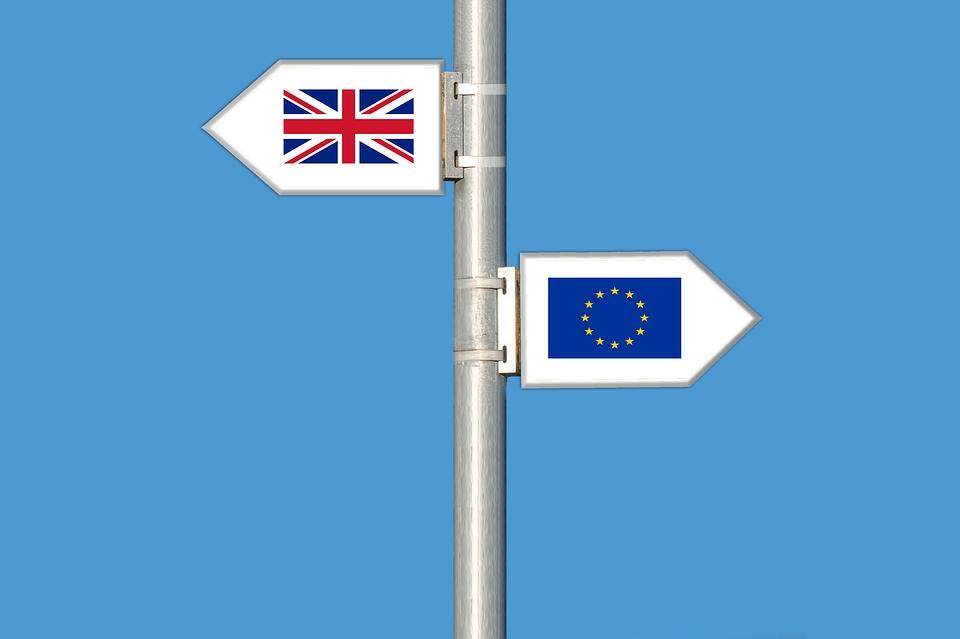ASI: Bank of England ziet banken een ‘no deal Brexit' wel overleven
ASI: Bank of England ziet banken een ‘no deal Brexit' wel overleven

Hierbij een commentaar van vermogensbeheerder Aberdeen Standard Investments op de Brexit-analyse van de BoE.
Hierbij een commentaar van vermogensbeheerder Aberdeen Standard Investments op de Brexit-analyse van de BoE.
Tegenstanders nemen de waarschuwingen van de Bank of England over een ‘no deal’ Brexit wellicht niet serieus, omdat na het referendum in 2016 de bange vermoedens over de economische gevolgen niet uitkwamen, maar dat is te vroeg gejuicht, stelt beleggingsstrateg Luke Bartholomew van Aberdeen Standard Investments in een commentaar op de scenario-analyse van de BoE.
Bartholomew wijst er verder op dat de BoE in zijn prognose niet alleen stelt dat de economische klap van een ‘no deal’ Brexit hard kan aankomen, maar ook dat de Engelse banken de schok wel zouden doorstaan.
Hierbij zijn volledige commentaar:
“The Bank is sending two very clear messages here. The first is that a disorderly Brexit would hammer the UK economy in the short term. The other is that the banks would be able to withstand the shock. The size of the hit to the economy will certainly make some stop in their tracks as this really is a massive hit to the economy. Nonetheless the Bank seems to be suggesting that it would be open to increasing interest rates in this environment to combat the increase in inflation. It is certainly true that falling sterling and the negative hit to the economy’s productive potential will push up inflation and provide a very painful headache for the Bank. But it is extremely difficult to see how they would do anything to interest rates other than cutting them in this environment.
“Theresa May will hope that the analyses from the Bank and Treasury today will provide fuel to her argument that her deal is the only option. But some MPs will no doubt take the Bank’s analysis with a pinch of salt given the central bank predicted a much more negative economic outcome from the vote to leave than the one that ended up coming to pass. But they might be wise to remember that while the boy might have cried wolf several times before, the wolf did eventually show up.”
